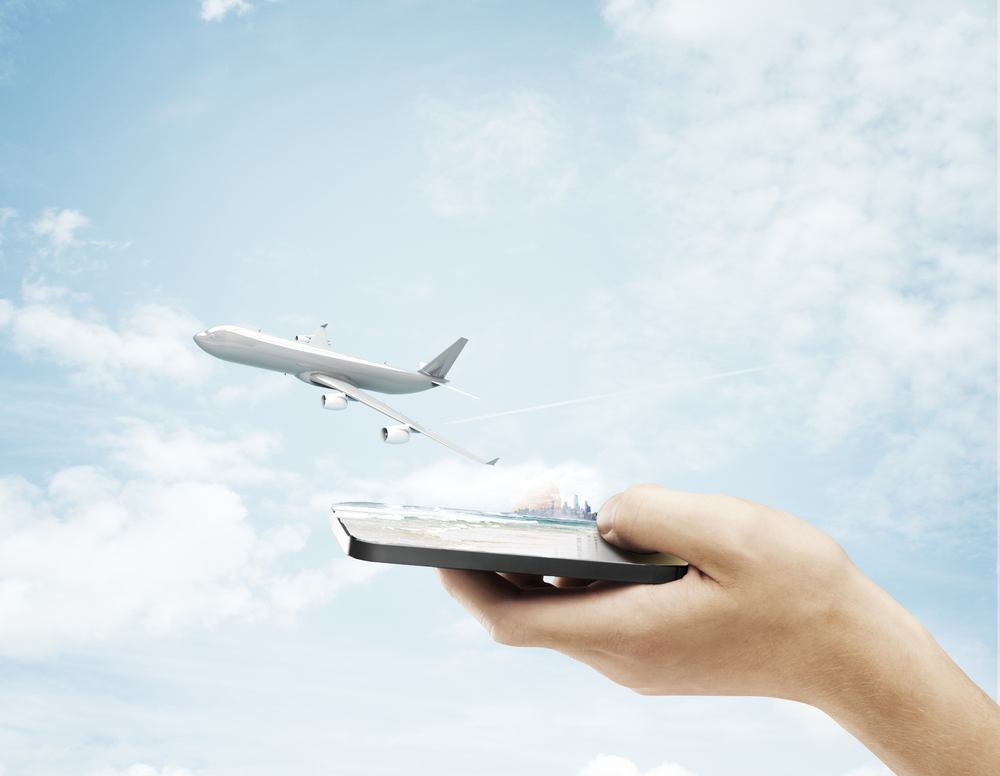The aviation industry is constantly looking at ways to change and innovate. Recently Airbus announced that it was planning to launch a new Concorde that could cut the travel time from London to New York to just one hour.
This dramatically shortened flight time must be good news for both travellers and airlines. Yet according to a report by technology company Amadeus, the challenge for airlines lies in customer experience.
The report shows that consumers are still frustrated with today’s airport experience and it is clear that from the traveller’s perspective, a stress-free passenger experience is still their number one priority.
> See also: How the travel industry is taking retail's lead on big data
Unfortunately to achieve this is easier said than done and will require more automated processes from airlines in order to deliver the speed, convenience and ease of use that travellers are looking for.
So how can airlines leverage technology to better serve future travellers, and how well positioned are airline operators to adapt to and take advantage of expected future developments in travel technology?
According to Amadeus, 69% of airlines sell tickets via social media networks. However, one of the main challenges that airlines have today is the ownership of the customer relationship.
With many third party companies involved in ticket sales, all competing on price, airlines are left with a battle for the ownership of the customer relationship in order to become more profitable.
The more control over the customer relationship that airlines have, the greater their capacity to proactively monitor and plan how efficient they are with aspects such as seat allocation, timetable, cancellations, routes and refreshments during the flight.
Companies like IAG, owners of British Airways and Iberia or its competitor Lufthansa have started incorporating Head of Innovation and Technology’ roles and digital labs into the organisation in order to come up with ways to better engage with the customer.
Likewise, Delta airlines has started using the Guest Service Tool, which provides its 22,000 flight attendants with key information so they can better engage with customers while in flight.
Create the ultimate customer experience
If customer information is tracked from the moment passengers enter an airport or download an app, then the insight this provides will lead to interesting and useful exchanges taking place.
The information gathered could include geolocation, which means that if customers have yet to check in for a flight taking off imminently, the front desk can make a call on whether to wait based on their distance from the airport.
Or if they are stuck in traffic, the airline could not only make the call to leave on time, but also book the late passenger on the next available flight and notify them by text, sending an e-ticket straight to their phone and perhaps also offering them a complimentary drink on arrival at the airport.
> See also: How Tfl will use data about you to keep London moving as its population soars
In a competitive market, this level of service based on insight not only helps the airline in planning, it also helps to build a deeper relationship with passengers.
Data which gives insight into the services, entertainment, food, beverage and duty-free items selected by each individual customer on a particular flight means that new products and services can be created for passengers before they even check-in.
Loyalty programme benefits can be customised to each frequent passenger’s likes based on what they typically select on board.
Airlines should focus on data and the insight it provides, leveraging customer information to provide an improved customer experience. However, the real test for airlines lies not only in the control of all this data but how they use it to solve the challenges that they face today around customer centricity in a highly competitive market.
Sourced from Tim Hurles, Partner, WAE







